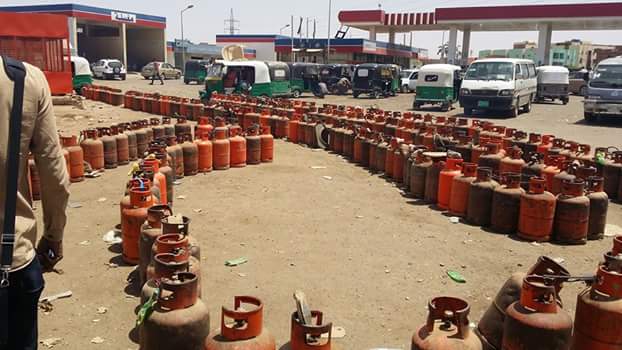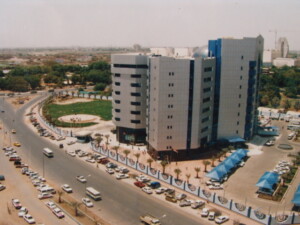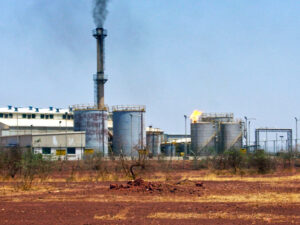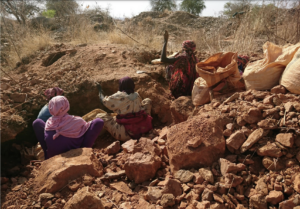Cooking gas crisis continues in Sudan
People in the country complain about the worsening cooking gas crisis and the scarcity of gas distribution centres in various states of Sudan. The crisis comes not long after an attack on a West Kordofan oil field and a report in which whistle-blowers in Sudan’s oil industry reveal that the military intentionally neglected securing oil fields.
 Cooking gas cylinders waiting to be refilled in Atbara in northern Sudan in 2020 (File Photo: social media)
Cooking gas cylinders waiting to be refilled in Atbara in northern Sudan in 2020 (File Photo: social media)
People in the country complain about the worsening cooking gas crisis and the closure of gas distribution centres in various states of Sudan. The crisis comes not long after an attack on a West Kordofan oil field and a report in which whistle-blowers in Sudan’s oil industry revealed that the military intentionally neglected securing oil fields.
The price of a cooking gas cylinder in Khartoum has risen to SDG 3,500 (USD $6.15) compared to SDG 2,500 before the crisis began.
People in the states told Rasd [Monitor] Sudan Network that the price of a cooking gas cylinder now ranges between SDG 8,000 and SDG 10,000.
They complained about the lack of alternatives with “the insanely high prices of electricity and charcoal”.
Earlier this month, Radio Dabanga reported that people had to wait in long queues for cooking gas.
Store owners, who complain about the limited quantities of gas cylinders they receive, attributed the scarcity of cooking gas to the suspension of the operations at the refinery of Khartoum at the end of last month, following the sabotage of the oil pipeline that runs from West Kordofan to Khartoum last month.
Rasd Sudan Network also said yesterday that the crisis began with the Oil Ministry’s announcement that the refinery in Khartoum had entered maintenance last month.
Conflict and tension surrounding the oil industry in Kordofan has been a bone of contention for many years. A week ago, Sudan’s Oil Workers Association reported that the Balila oil field in West Kordofan was attacked with a number of rocket-propelled grenades (RPGs).
Radio Dabanga recently reported on an investigation by Sudan In The News in which whistle-blowers in Sudan’s oil industry reveal that the military intentionally neglected securing oil fields in order to exacerbate the fuel shortages, providing justification for the October 2021 coup.
At a time when fuel prices rose further, the investigation explained that much of this crisis was avoidable and that the deliberate lack of security at oil fields plays a big role.











 and then
and then